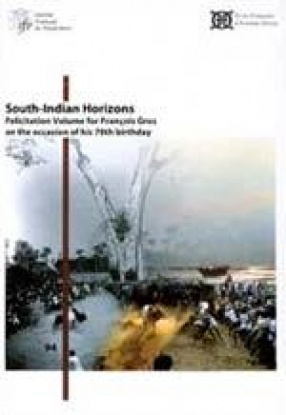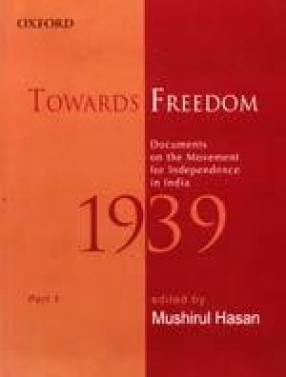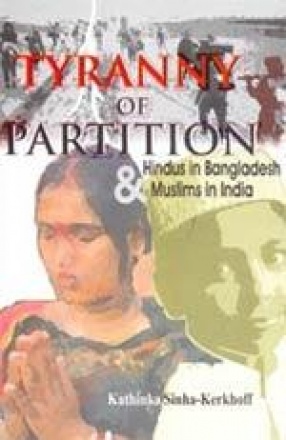This volume, planned as a tribute from admirers to a distinguished scholar, also proves, perhaps inevitably, to be a celebration of the field of Tamil studies. It demonstrates in the best possible way the international nature of this area of academic endeavour and illustrates the wide range of topics it covers. The field was perhaps first defined in modern times by the coverage of the series of conference-seminars organized by the International Association of Tamil Research and inaugurated in Kuala Lumpur in 1968. The international aspect of tamilology is evident from the mini-biographies of contributors, where one sees that sixteen different countries are represented. Educational background is almost equally varied. Less than a quarter had their undergraduate training in Tamil itself. Others started their academic career in a wide range of disciplines that include classical languages (Sanskrit and Greek), modern European languages, linguistics, philosophy, law, geography, mathematics, chemistry and aeronautical engineering. The involvement of different generations, too, is apparent from the fact that scholars born in every decade from the 1920s to the 1970s have participated in the exercise. The nature of the field of Tamil studies is well illustrated by the table of contents of this book. The field’s diversity is shown, firstly, by the disciplines professed by the authors, among whom are indologists whose work spans both northern and southern parts of South Asia, literary historians and critics, general and theoretical linguists, descriptive linguists, sociolinguists, historical and comparative linguists, philologists, cultural anthropologists, political and social historian, archaeologists, epigraphists, numismatists, and art and architecture historians. That some contributors assume two or more of these guises serves to emphasise the interdisciplinary nature of much work in tamilology. The tendency of some specialists in Tamil studies to have an interest in related and geographically contiguous languages is to be seen in chapters focusing on Irula, Kannada, Malayalam and Telugu. Equally diverse are the themes treated, though there is much linkage between these – and this “connexite dans la diversite†binds the different contributions together. The editors will hope – with confidence – that what they have succeeded in putting together in this way will provide a rich feast for the scholar whom they and all contributors wish to honour. Francois Gros has for much of his life been the principal standard-bearer for Tamil studies in France. His contribution has been enormous. Yet since the time when he returned to indology from the teaching of French, there have been periods when he has of necessity had other weighty preoccupations, as in the 1980s when he devoted himself to the re-establishment of the Ecole Francaise d’Extreme-Orient in countries of Southeast Asia. Among his many other administrative responsibilities has been the major one for Tamil studies of the directorship of the indological section of the Institut Francais in Pondichery.
Towards Freedom: Documents on the Movement for Independence in India 1939, Part I
The Towards Freedom volumes, ...
$200.70
$223.00





There are no reviews yet.